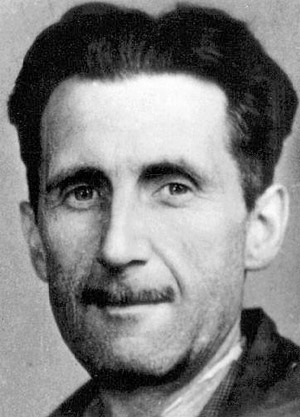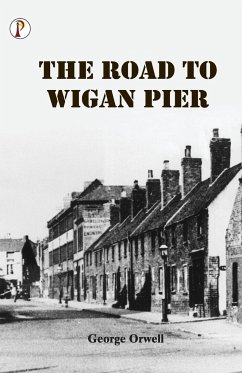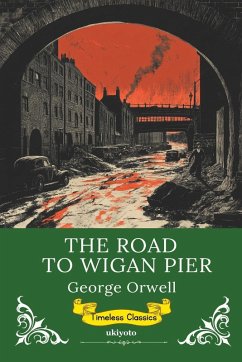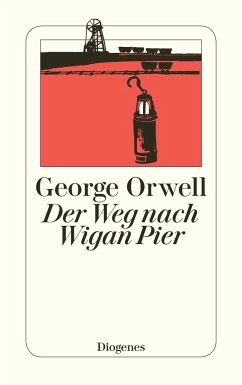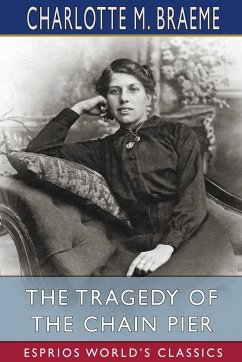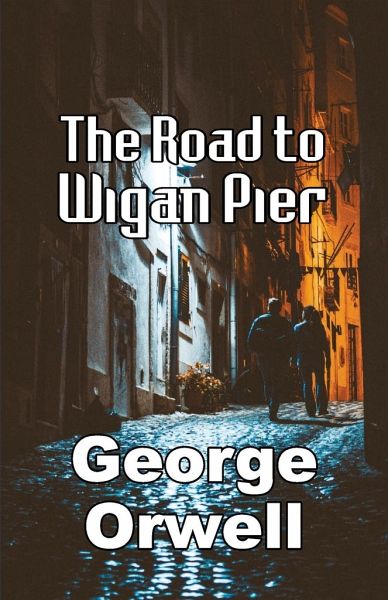
The Road to Wigan Pier
Versandkostenfrei!
Versandfertig in 1-2 Wochen
13,99 €
inkl. MwSt.

PAYBACK Punkte
7 °P sammeln!
It is only when you meet someone of a different culture from yourself that you begin to realize what your own beliefs really are. The Road to Wigan Pier is George Orwell's 1937 study of poverty and working-class life in northern England. It is the book which established Orwell as among Britain's foremost political and social commentators. It is, moreover, essential for any reader who wishes to gain a deeper understanding of Orwell's life, work and legacy. This non-fiction work set the tone for Orwell's subsequent career, by focusing on class relations within Britain and political solutions to ...
It is only when you meet someone of a different culture from yourself that you begin to realize what your own beliefs really are. The Road to Wigan Pier is George Orwell's 1937 study of poverty and working-class life in northern England. It is the book which established Orwell as among Britain's foremost political and social commentators. It is, moreover, essential for any reader who wishes to gain a deeper understanding of Orwell's life, work and legacy. This non-fiction work set the tone for Orwell's subsequent career, by focusing on class relations within Britain and political solutions to social problems. The Road to Wigan Pier has remained widely read since his death, running to several editions, and providing a point of comparison for later social and political commentaries



